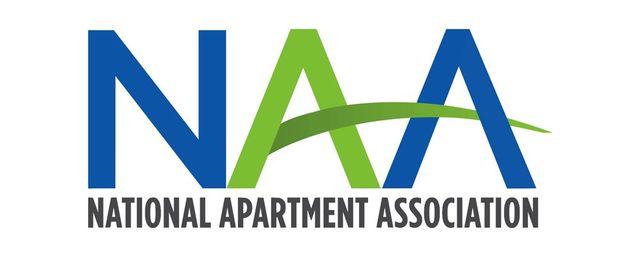Exploring the Advantages and Challenges of Implementing Mass Internet Solutions in Multi-Unit Properties
Wiki Article
Introducing mass online services in multi-dwelling buildings can provide various benefits for both managers and residents. Mass internet solutions denote high-speed online access that are provided to every units within a property at a flat rate. This strategy can enhance the general residential quality for residents by ensuring that all has availability of dependable internet connectivity. With the rising dependence on the internet for employment, education, and entertainment, having a steady connection is vital. Property managers can also gain from offering these solutions, as it can make their buildings more desirable to future tenants.

One of the main benefits of bulk internet solutions is financial savings. When online connectivity is provided in mass, building owners can bargain more favorable prices with internet connectivity providers. This can result in decreased costs for residents compared to separate plans. Additionally, tenants do not have to worry about setting up their own online connectivity, which can be a time-consuming process. Instead, they can enjoy instant availability of rapid internet as soon as relocating. This ease can be a considerable feature for potential tenants, rendering the building more attractive in the rental sector.
Another benefit of collective internet solutions is better access. In many situations, individual internet connections can result in reduced performance and unstable service, especially in larger buildings where many residents are online at the same time. Collective services typically provide higher bandwidth, which means that all tenants can experience high-speed and consistent online connectivity. This is particularly important for families with multiple devices or for individuals who are employed from their residences. A dependable online link can enhance efficiency and overall satisfaction for residents, rendering it a important feature of multi-dwelling unit buildings.
However, introducing bulk internet services also comes with difficulties. One of the key issues is the first installation expense. Building managers may need to allocate funds for structural improvements to facilitate rapid online throughout mdu internet service providers comparison the property. This can involve installing new cabling, modems, and other devices. While these expenses can be compensated by the extended reductions and enhanced building worth, they can be a obstacle for some building owners. Additionally, ongoing maintenance and support for the internet connectivity must be factored in, as tenants will demand consistent connectivity and prompt resolutions to any issues that arise.
Another issue is ensuring that the online connectivity meets the diverse needs of every residents. Various residents may have diverse online utilization patterns, from casual browsing to intensive viewing or playing. Building managers must partner with internet service providers to ensure that the service can accommodate these varied needs. This may involve offering different levels of service or extra options, such as Wi-Fi in shared areas. Balancing the requirements of all tenants while managing costs can be a challenging task, but it is vital for the effectiveness of collective internet services in multi-dwelling unit properties.